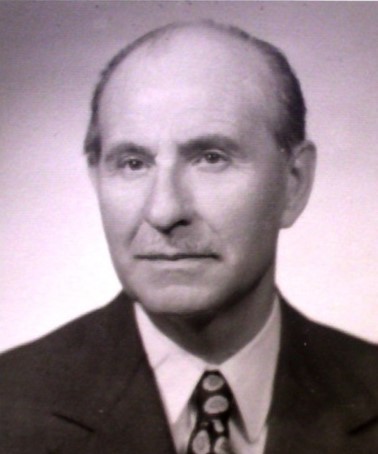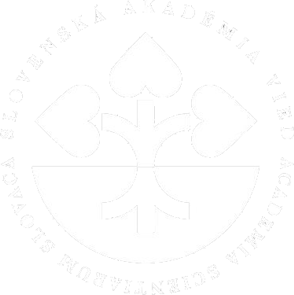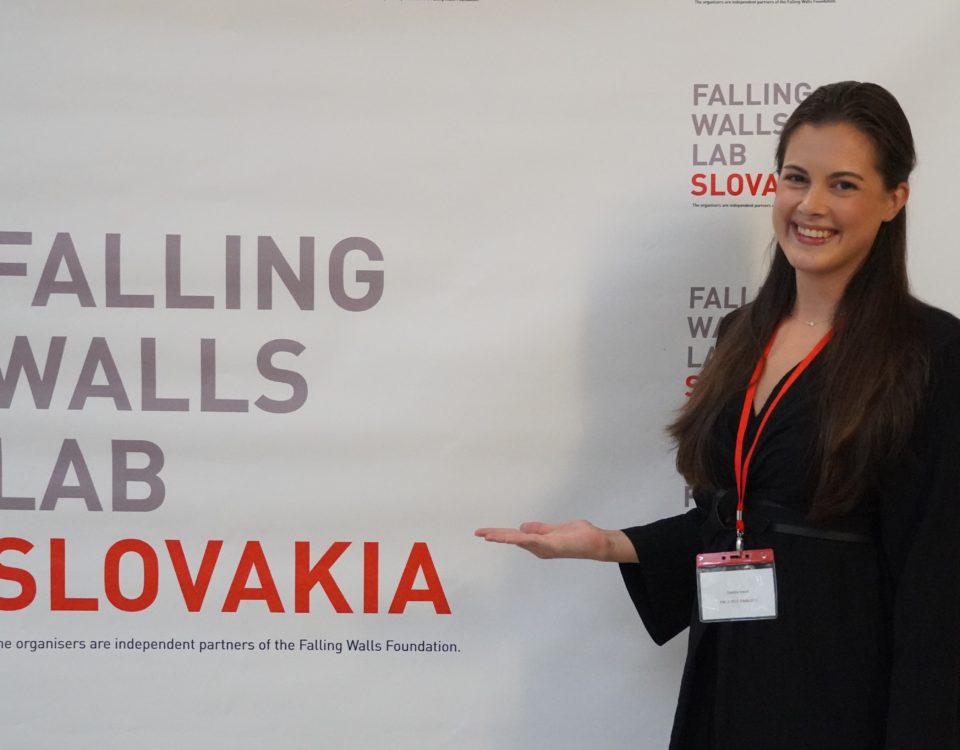This website uses cookies so that we can provide you with the best user experience possible. Cookie information is stored in your browser and performs functions such as recognising you when you return to our website and helping our team to understand which sections of the website you find most interesting and useful.
Merit of doc. Julián Podoba on the disappearance of cretinism in Slovakia

doc. MUDr. Julián Podoba, CSc.
The complete disappearance of nodular goiter in children, a significant reduction in the incidence of goiter in all age groups, the disappearance of endemic cretinism, the improvement of children’s achievement in schools and an increase in the intellectual level of the nation. We owe all this to research and interest in endocrinology, but especially in thyroid disease and iodine deficiency diseases, of doc. MUDr. Julián Podoba, CSc., who was inagurated into the Hall of Fame of Slovak Medicine in the autumn of 2019.
What was doc. MUDr. Julián Podoba, CSc. devoted to?
An important Slovak endocrinologist, the founder of Slovak experimental and clinical endocrinology, the Institute of Experimental Endocrinology SAS (currently the Institute of Experimental Endocrinology of the Biomedical Research Center SAS) and the Slovak Society of Endocrinology, doc. Julián Podoba, began to focus on endocrinology, and especially thyroid diseases and iodine deficiency diseases since his study stay in Prague after World War II.
Based on his research, which he carried out with his colleagues after returning to Slovakia, the iodization of table salt was approved, which significantly increased the share of iodine in the everyday food of Slovak population. As mentioned in the introduction, in Slovakia iodine deficiency caused health problems related to the thyroid gland. Extensive research by doc. Podoba and his colleagues in the 1950s (specifically in the years 1949 – 1953) revealed that the majority of Slovakia was highly deficient in iodine, the iodine intake representing only a quarter to a third of the required amount. Iodine deficiency caused endemic goiter, which affected the population throughout Slovakia, the incidence of cretinism was as high as 3 %, and other mild brain damage appeared. All this was due to iodine deficiency.

The addition of iodine to table salt started gradually since 1951, and from 1966 iodine prophylaxis was enacted, ie legal measures were taken to protect and prevent diseases caused by iodine deficiency. The measure has produced successful results. In children, endemic goiter has slowly disappeared, in all age groups the incidence of goiter has decreased, endemic cretinism has disappeared, the achievement of children in schools has improved and the intellectual level of the nation has increased.
Today we can say that the effort of doc. Podoba was extremely successful, as evidenced not only by the radical decline in endemic goiter and congenital thyroid diseases in Slovakia, but also by the gratifying fact that in the last survey of iodine saturation in the population of 11 selected European countries (European Thyromobil Campaign 95/96 project), Slovakia ranked the second after the Netherlands and even before many of Europe’s coastal countries. This result is a practical proof, how a basic medical research, although after years, can bring highly positive results in ensuring the health of the population of Slovakia.
The scope of research and the accuracy of its implementation brought doc. Podoba a worldwide recognition and he became an internationally recognized representative of the Slovak scientific medical community.
Doc. MUDr. Julián Podoba, CSc. was born on January 9, 1916 and died on August 31, 2005.
Importance and need of iodine for the organism
Iodine is a trace element necessary for the proper functioning of thyroid hormones. These hormones represent an important function for the activity of tissues and cells of the human body, especially for the normal development of the brain and skeleton. In the case of lack of hormones in the thyroid gland since uterine development, permanent mental damage can occur, which can have various degrees. With a large iodine deficiency and the resulting reduced function of thyroid gland, cretinism can occur, which is the most severe form of mental retardation. “The introduction and maintenance of iodine prophylaxis is therefore an important step in promoting the health of all the population,” said RNDr. Daniela Gašperíková, DrSc., Scientific Director of the Institute of Experimental Endocrinology of the Biomedical Research Center SAS at the occassion of inauguration of doc. Podoba into the Hall of Fame of Slovak Medicine.
……………………………………………………..
The Hall of Fame of Slovak Medicine is a ceremonial event of the Slovak Medical Society (SLS), entering the 10th year of its existence in 2019. The aim of this project is to popularize the leading personalities of Slovak medicine, who significantly contributed to the development of Slovak medicine, medical education and training, to increase the professional level of health care in our country, to spread the good name of Slovak medicine at home and abroad and especially those who have merit in establishment and development of the Slovak Medical Society.
Sources of information:
Mgr. Daniela Gašperíková, DrSc., Scientific Director of the Institute of Experimental Endocrinology BMC SAS
Press release: Hall of Fame of Slovak Medicine X.
Program of the Slovak Medical Society / Hall of Fame of Slovak Medicine
Photo of doc. Podoba provided by: Slovak Medical Society
Illustration photo: Pixabay.com / Bru-nO /
Translated by: Mgr. Tatiana Šipošová, BMC SAS








